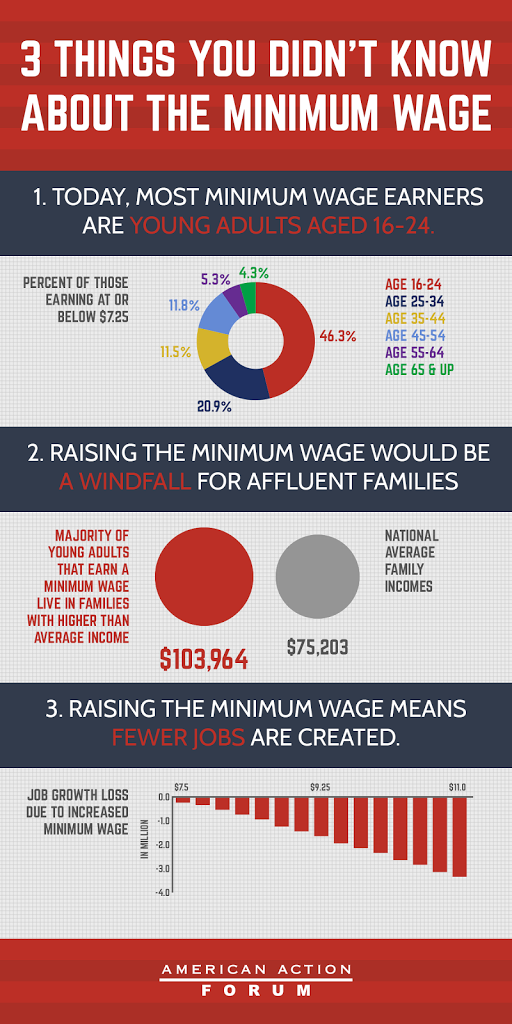Ask the Economist: Minimum Wage Laws or Minimum Skills Laws?

Abir Mandal
Many feel-good policies are ultimately disastrous. One of these, the concept of a government-mandated minimum wage, is particularly counterproductive.
On the face of it, what could be so bad about guaranteeing the poorest workers in society receive wages high enough to ensure a minimum standard of living? (Especially since it only comes at the cost of “immoral corporate greed”?)
The answer is: a lot. No company will ever employ a means of production that costs more than the benefit it derives from said factor. Labor is no different. If the minimum wage is set at $10 an hour, the employees who get paid that much must at least provide that amount of returns to the employer. What about people whose lack of skills or education prevents them from producing enough value? They wind up suddenly unemployed, or, if they were unemployed in the first place, farther than ever from a much needed job.
Who are these people? They would be the least educated and, thus, the poorest members of society. These are the very individuals the Left says that minimum wage increases would help. History bears this out. Youth and minority unemployment always tends to increase the most when recessions hit. (Again, this is because as minimum wage laws curtail the adjustments the labor market needs to handle such downturn.) In effect, minimum wages only serve to make skills below a certain threshold untradeable in the job market. If a person is willing to trade his skills for low wages, even something like $5/hour, and is able to find someone willing to pay him that wage, the government has no business telling them that they cannot complete this mutually beneficial transaction. In this light, minimum wages make very little economic sense and essentially amount to arbitrary government restrictions on the free market.
These economic realities must be remembered in light of the ongoing debate over minimum wage laws so that our good intentions don’t translate into bad policies that end up hurting the very people we want to protect.
—Abir Mandal, PhD Candidate, Clemson University Department of Economics and Palmetto Policy Forum Summer Fellow





